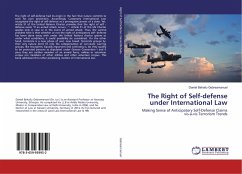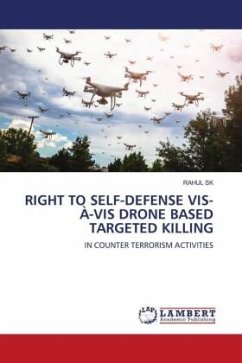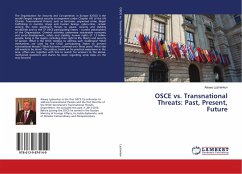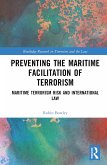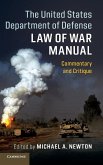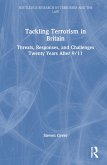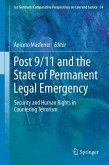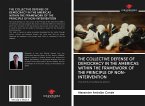The right of self-defense had its origin in the fact that nature commits to each his own protection. Accordingly, Customary International Law recognized the right of self-defense as a prerogative power of a state. Yet, article 51 of the United Nations Charter provides that the right of self -defense exists "if an armed attack occurs...". Article 51 of the UN Charter applies only in case or in the event of armed attack. Thus, the central problem here is that whether or not the right of anticipatory self- defense has been done away with under the United Nations charter system or under what conditions; it could possibility be considered. On the other hand, terrorism is a new phase of war, new breed. Terrorists groups by their very nature don't fit into the categorization of non-state warring groups, like insurgents. Equally important and confusing is, do they qualify to be protected persons as stipulated under Geneva Convention I and II since they are neither member of an armed force, militias or volunteer corpus nor members of other militias and other volunteer corpus. This book addresses this rather perplexing matters of International law.
Bitte wählen Sie Ihr Anliegen aus.
Rechnungen
Retourenschein anfordern
Bestellstatus
Storno

